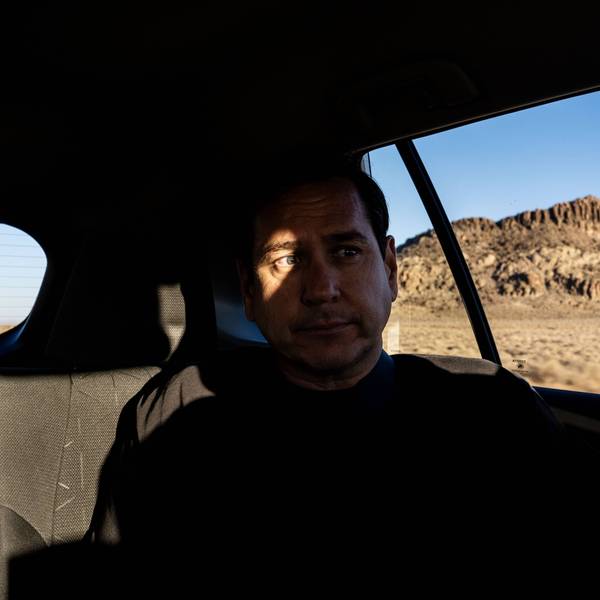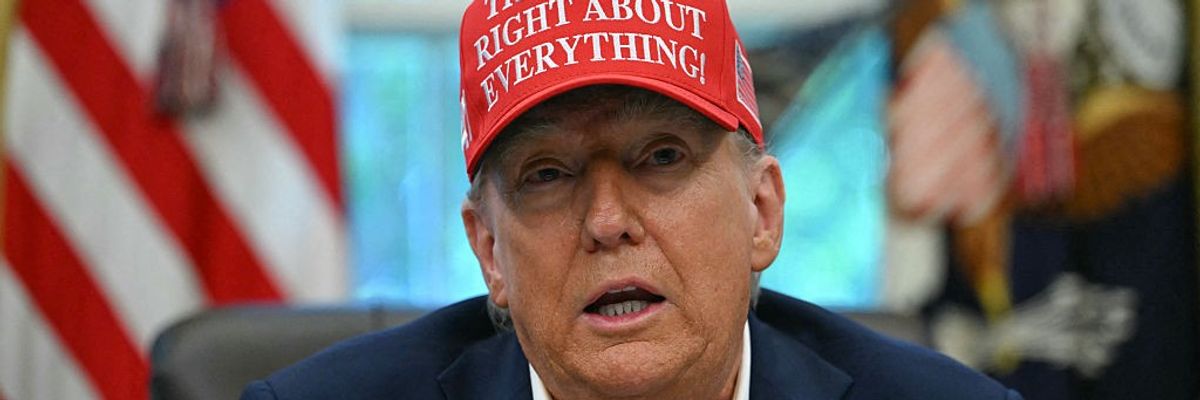US President Donald Trump on Friday threatened to oust Washington, DC Mayor Muriel Bowser and to have the federal government fully assume control of the nation's capital.
While speaking to reporters in the Oval Office, Trump said that Washington, DC under Bowser's leadership has been "unsafe" and "horrible."
"Mayor Bowser better get her act straight, or she won't be mayor very long, because we'll take it over with the federal government, running it like it's supposed to be run," said Trump. "It was a crime-infested rat hole, and they do have a lot of rats, and we're getting rid of them too, and we've made a lot of progress."
In reality, crime in Washington, DC had been falling before Trump decided to deploy the National Guard and other federal agents into the city. As Washington, DC Attorney General Brian Schwalb recently recounted, "Violent crime in DC reached historic 30-year lows last year, and is down another 26% so far this year."
Shortly after attacking Washington, DC, the president said he was pushing for the National Guard to be deployed across other American cities.
"After we do [Washington, DC], we'll go to another location and make it safe also," he said. "We're going to make our cities very, very safe. Chicago's a mess. You have an incompetent mayor, grossly incompetent, and we'll straighten that one out probably next, that'll be our next one after this, and it won't even be tough."
Trump then suggested sending the National Guard to New York.
Illinois Lt. Gov. Juliana Stratton, who is currently running for the United States Senate, warned Trump against sending the National Guard to her state's biggest city.
"If Trump wants to take his ego trip on tour, he picked the wrong city," she said. "Chicago doesn't bow down to kings or roll out the red carpet for dictators. As a Black woman from the South Side, I can assure you... your political circus isn't welcome here."
Polling released this week by The Washington Post showed that Trump's National Guard deployment is massively unpopular with DC residents, as 79% of residents surveyed said they disapproved of the deployments, including 69% who said they strongly disapproved.




